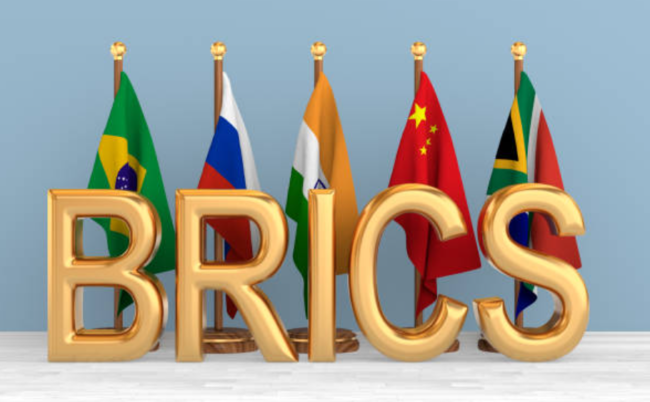
2nd Jan, 2024, Moscow: The BRICS group, renowned as a pivotal platform for emerging markets and developing countries, has recently welcomed five new members. The inclusion of Egypt, Iran, Saudi Arabia, the United Arab Emirates, and Ethiopia strengthens the bloc’s influence and marks a significant milestone. Originally established by Brazil, Russia, India, China, and South Africa, the BRICS group now encompasses a wider range of nations, reflecting its growing importance in the global landscape.
The acceptance of these new members into the BRICS group comes after numerous membership requests in recent years, underscoring the increasing significance and influence of the bloc. The Johannesburg Summit in August 2023 extended a formal invitation to the five nations, recognizing their economic potential and strategic positions within their respective regions.
With Russia slated to assume the rotating chairmanship of BRICS in 2024, President Vladimir Putin has emphasized the group’s commitment to upholding multilateralism for equitable global development and security. Russia has outlined extensive plans, including hosting over 200 political, economic, and social events across 10 cities throughout the year. These efforts will culminate in a summit held in Kazan in October, aiming to foster productive discussions and collaborations.
Russia Advocates for Alternative Global Systems:
President Putin believes the activities undertaken BRICS will bring positive changes to the international system. He argues that a growing number of countries now seek alternatives to the dominant US-led “rules-based order,” instead preferring to act based on their own interests and those of their partners. This shift, according to Putin, creates favorable conditions for joint development and global cooperation.
President Putin reemphasized his dedication to effectively implementing the decisions made at the Johannesburg Summit during his year-end press conference. This includes fulfilling the objectives related to expanding BRICS membership. By following through on these commitments, BRICS can further solidify its collective strength and impact on the global stage.
The addition of these five new members significantly enhances the economic and political influence of the BRICS group. Collectively, the new members represent a population exceeding 3.5 billion and a combined GDP surpassing $16 trillion. The enlarged BRICS group’s potential impact on global economic and political dynamics is poised to shape future trends and partnerships worldwide.
